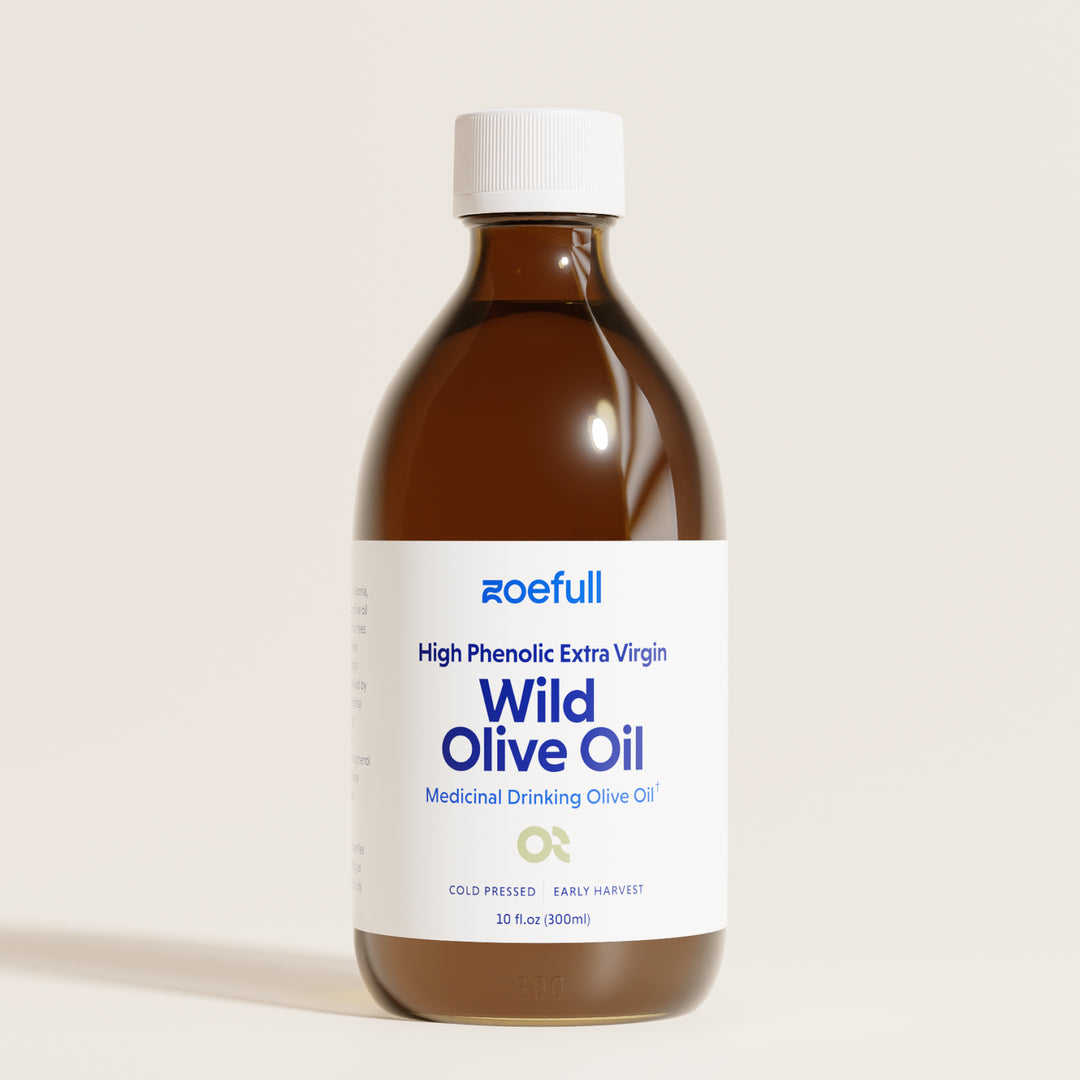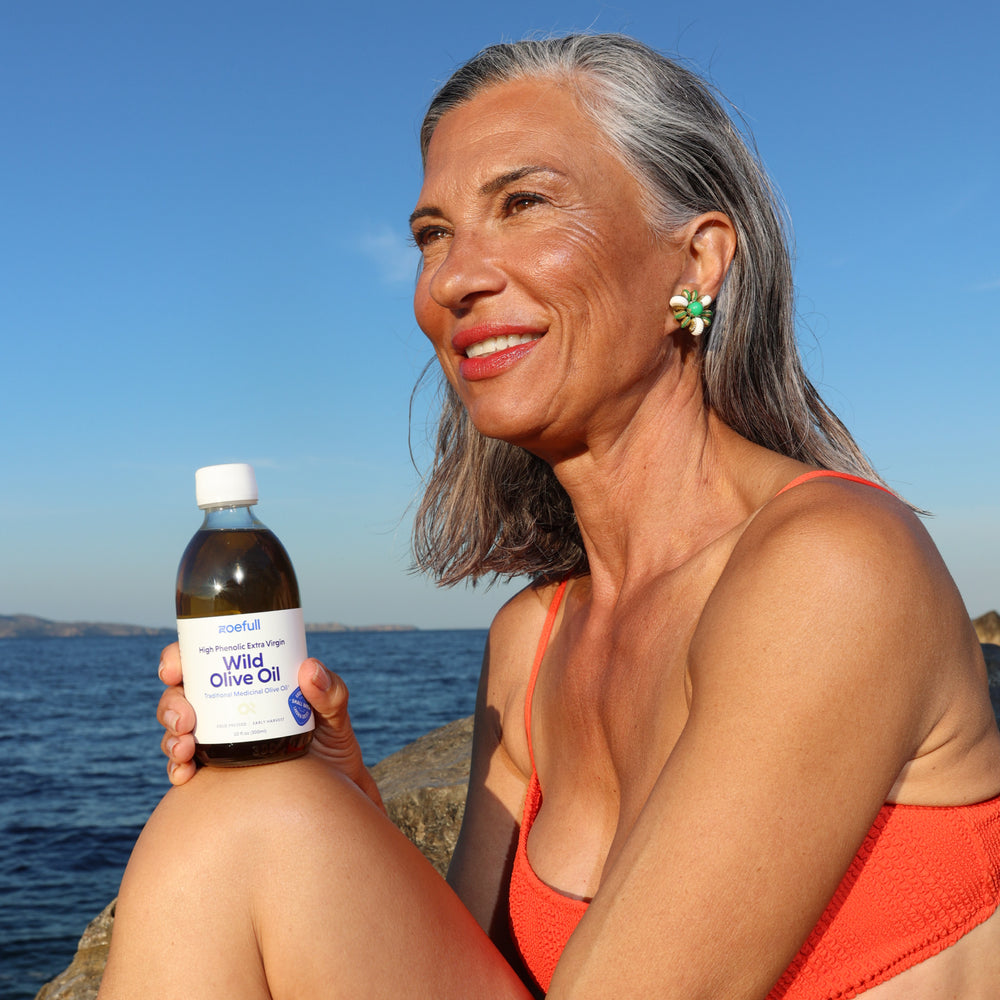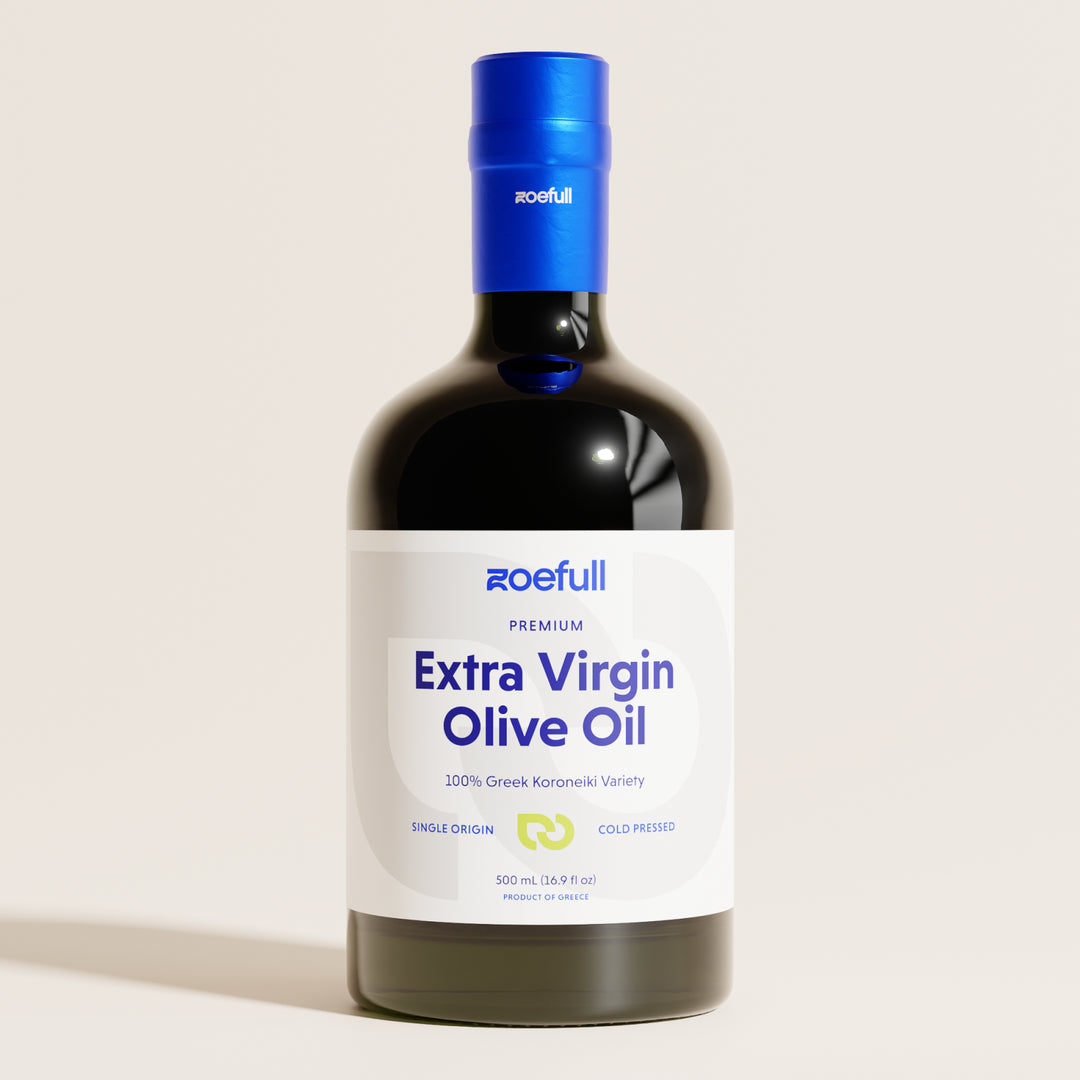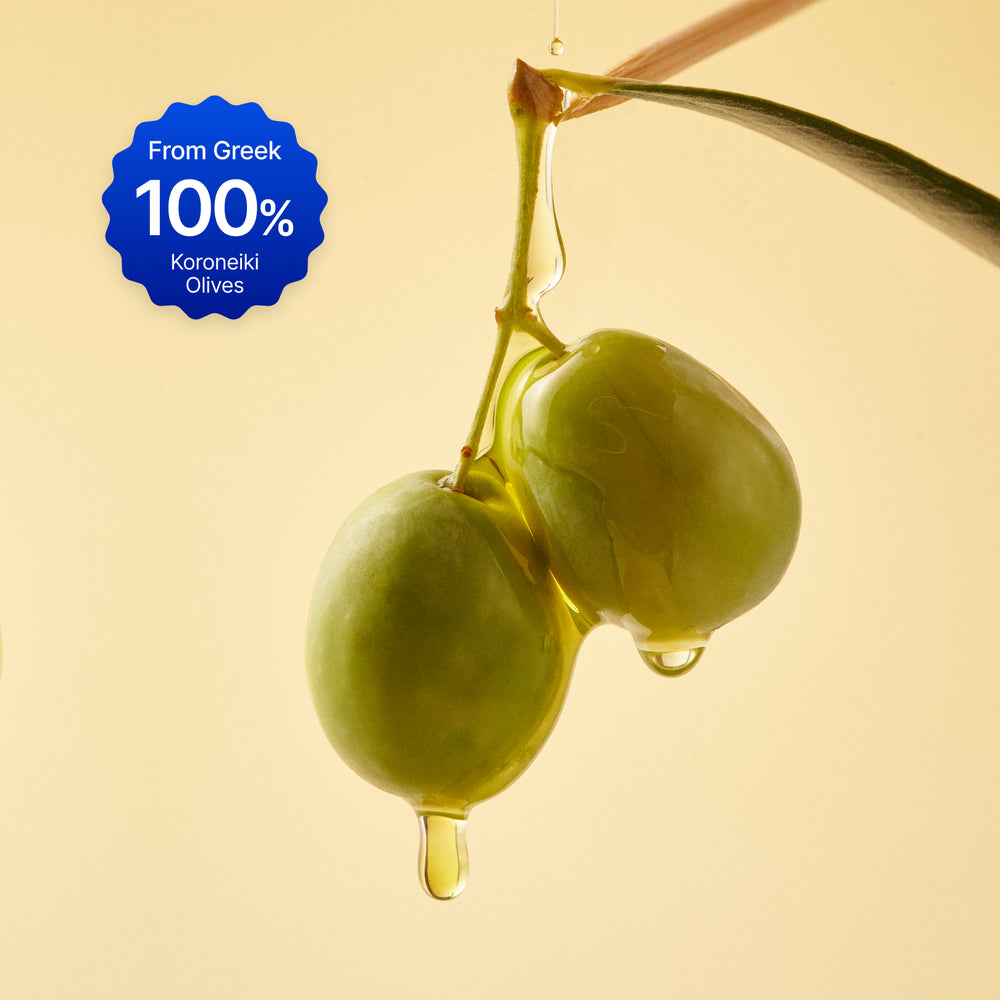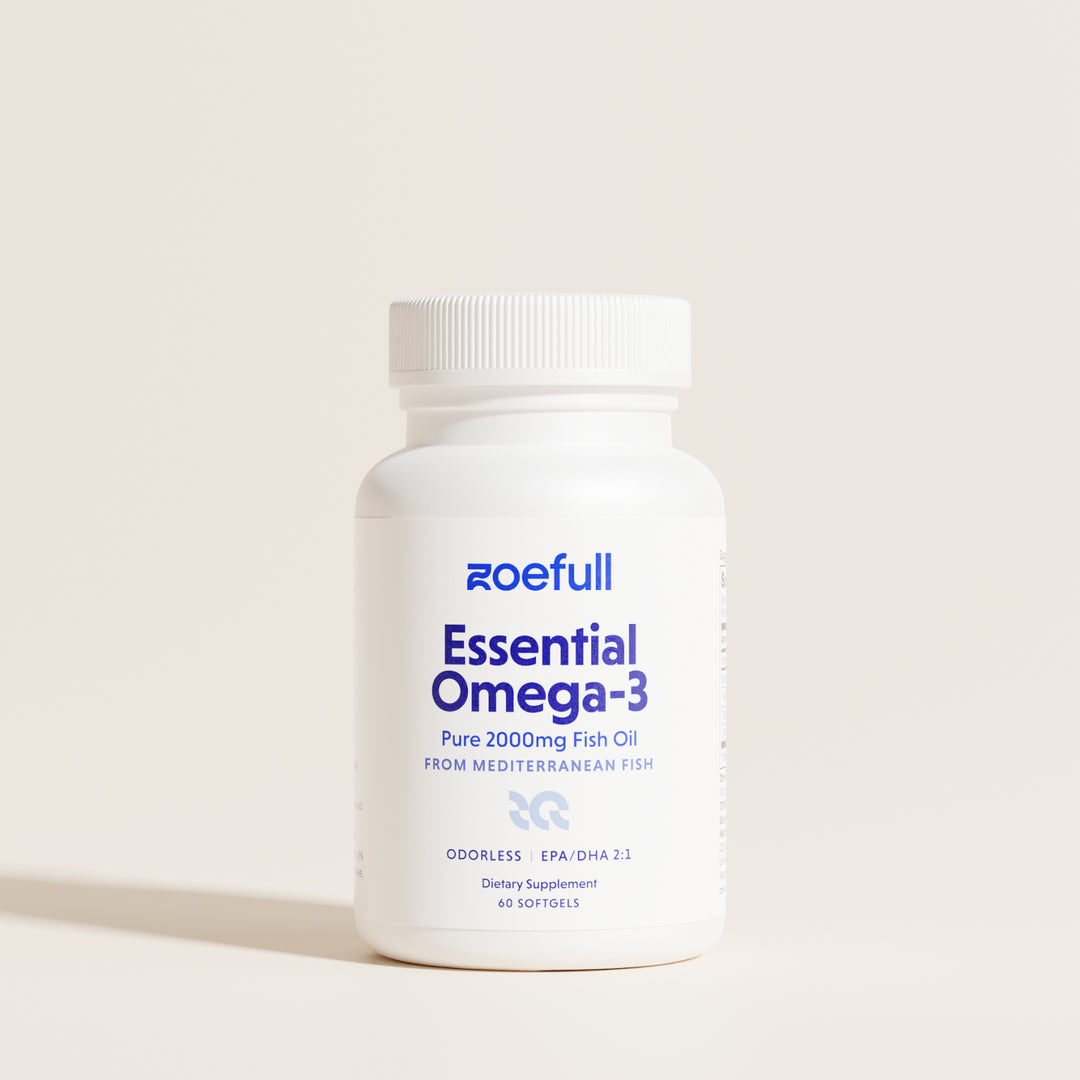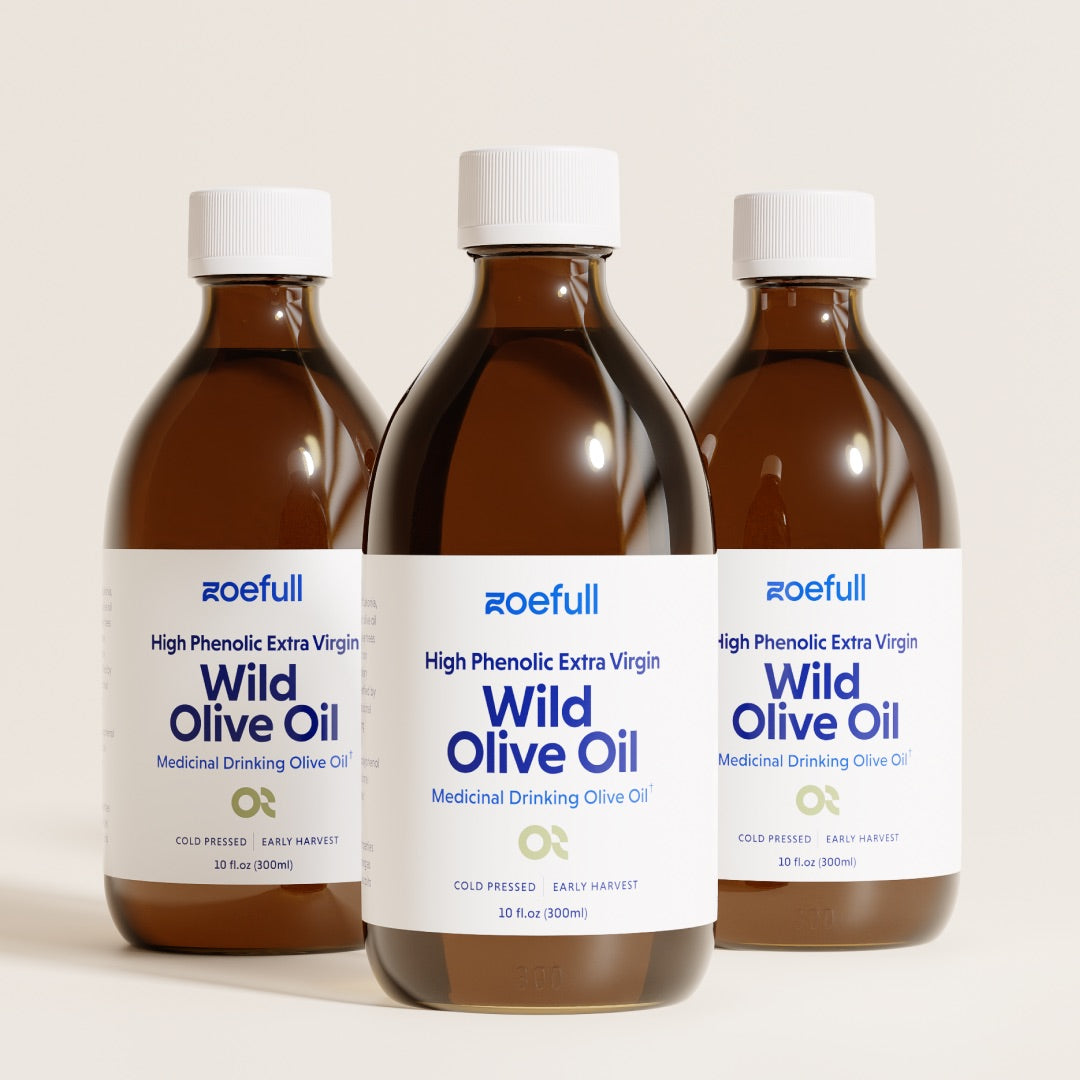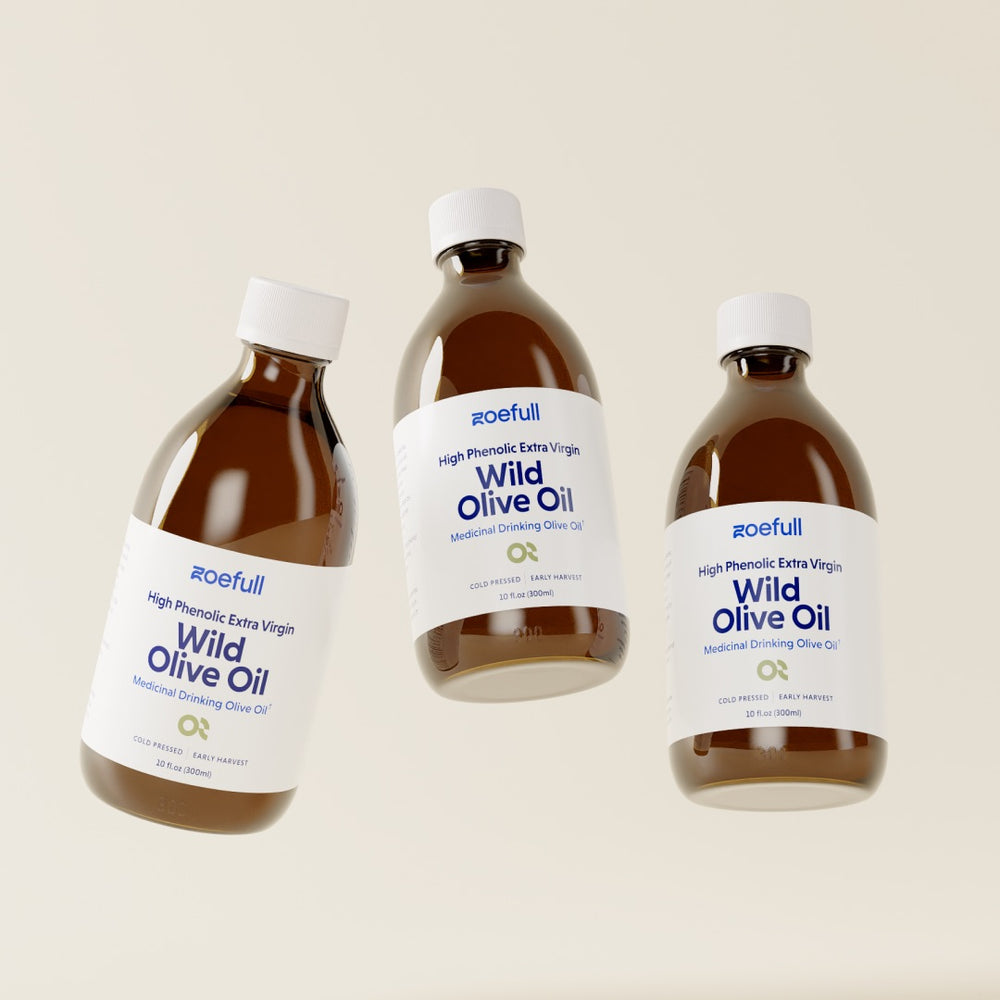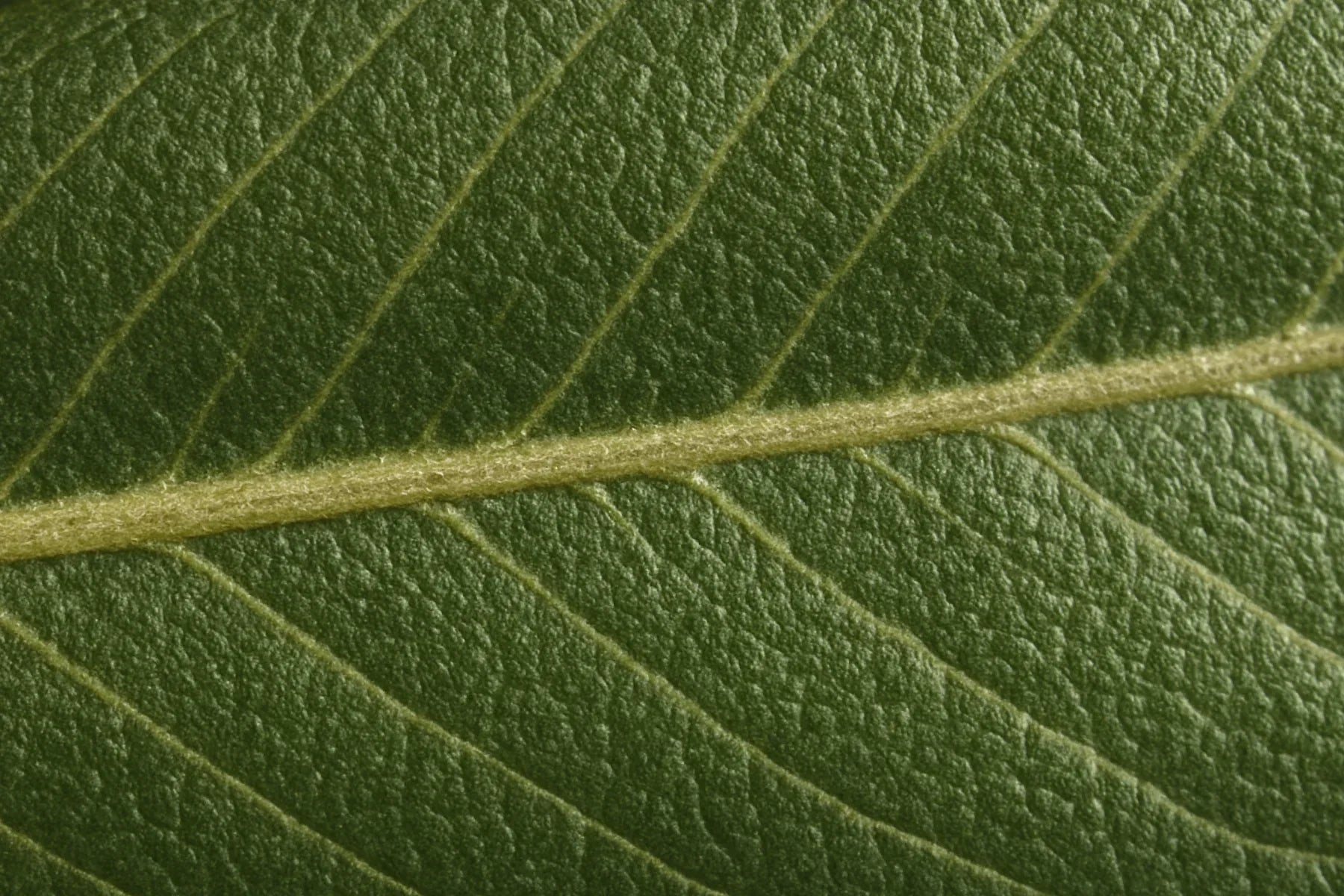Forget NSAIDs - Scientists Are Turning to Olive Leaves for Inflammation Relief
Oleuropein: Overview
Olive leaves - and their natural derivative, olive leaf extract - are rich in polyphenolic compounds that have antioxidant, antimicrobial, and anti-inflammatory properties. One such polyphenol - in fact a primary one - is oleuropein (identified as the first secoiridoid in olive oil in 1958 by Panizzi et al). This major constituent of olive leaf extracts (as well as good quality extra virgin olive oils), offers a variety of health benefits and has been the focus of numerous scientific studies. Below we present evidence from a publication confirming oleuropein's potent anti-inflammatory effects.
A Study of Olive Leaf Extract Polyphenols Anti-Inflammatory Properties
Qabaha et al. (2018) (1) set out to assess the anti-inflammatory strength of olive leaf extract polyphenols. To do so, they took an in vitro approach, isolating human polymorphonuclear cells and exposing them to a pro-inflammatory lipopolysaccharide. At the same time, they independently treated different polymorphonuclear cell samples with different types of olive leaf extract polyphenols. To measure inflammation levels, the authors used a method called ELISA to assess the levels of tumor necrosis factor-alpha (TNF-α) produced in each polyphenol-treated cell sample after 24 hours of exposure to the lipopolysaccharide. The less the TNF-α produced, they reasoned, the greater the anti-inflammatory strength of the specific polyphenol with which the cell sample has been treated.
A few terminological definitions before we proceed with the study's results:
- In vitro approach: Essentially means that the authors conducted experiments "outside the living organism," i.e. not in the human subjects directly, but, in this case, their polymorphonuclear cells.
- Polymorphonuclear cells (PMNCs): These are a type of immune cell (a white blood cell, more specifically), which is a key player in fighting off microbes and regulating the inflammatory response through the secretion of pro-inflammatory compounds.
- ELISA: Stands for Enzyme-linked immunosorbent assay, and is a common lab test that detects and quantifies substances.
- TNF-α: This is one of the primary pro-inflammatory compounds secreted by immune cells.
- Lipopolysaccharide (LPS): A large, complex molecule containing both lipid (lipo) and carbohydrate (polysaccharide) parts. Lipopolysaccharides are normally found on bacterial cell membranes and their identification by our immune cells trigger and immune and inflammatory response.
On to the results: Generally, the authors found a statistically significant decrease in TNF-α secretion in cell cultures treated with olive leaf extract compared to controls that were only exposed to the lipopolysaccharide. So far so good - olive leaf extract is anti-inflammatory.
Notably, the authors found that oleuropein was the only one of the olive leaf extract compounds tested (tyrosol, catechin, gallic acid, vanillic acid, and oleuropein), to show anti-inflammatory effects at concentrations as low as 20 μg/ml (see also Table 1 below).

These results confirm the potent anti-inflammatory properties of oleuropein. They also support that supplementation with olive leaf extracts (and/or extra virgin olive oils) rich in this compound is a key strategy for controlling inflammation.
References
1) Qabaha K, Al-Rimawi F, Qasem A, Naser SA. Oleuropein Is Responsible for the Major Anti-Inflammatory Effects of Olive Leaf Extract. J Med Food. 2018 Mar;21(3):302-305. doi: 10.1089/jmf.2017.0070. Epub 2017 Nov 3. PMID: 29099642.
